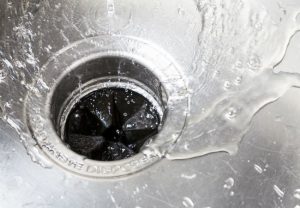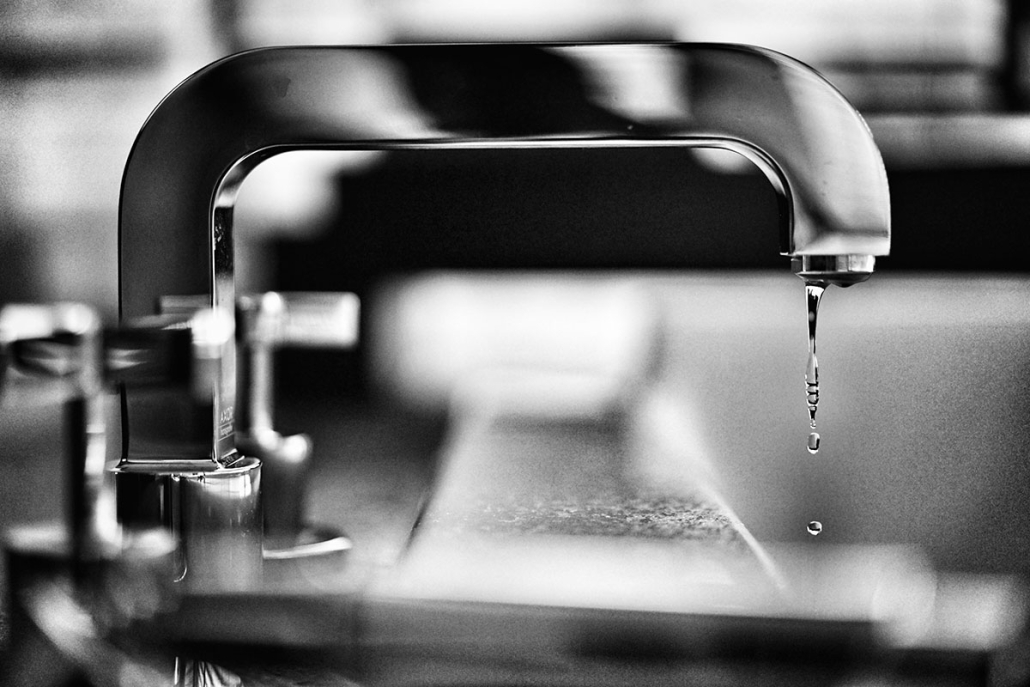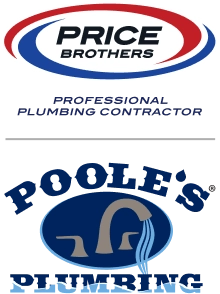Protect your home from frozen pipes in winter
Winter is Coming Are Your Pipes Ready?
We know that the gorgeous months of October and November turn into the frosty cold months of winter, and even here in the moderate temperate of North Carolina, there is still a chance of a plumbing hazard.
Avoid Frozen Pipes Burst Guidelines:
Thawing and avoiding frozen pipes is easy when you remember these simple guidelines:
- If it is not windy outside, the best time to thaw frozen pipes (especially at outdoor faucets) is during the day while temperatures are warmer.
- Thaw any frozen pipes that may not be completely exposed to the elements (e.g., basement), and if you own a sump pump, turn it off before thawing or draining outdoor lines in case they burst or explode!
- Do not use a propane torch to thaw pipes! Use a hairdryer instead.
- Drain and open any outdoor faucets to allow water pressure to build up when the pipe is thawed to avoid refreezing. This will prevent further damage until you can contact an experienced Raleigh plumber.
- If there is any remaining water, do not use it for drinking or cooking purposes.
- Contact Poole's Plumbing Services for 24-hour plumbing service in Raleigh to stop any leak quickly and adequately.
Why Frozen Pipes Burst Behind Walls
- The easiest and safest method with these pipes is to turn your thermostat up and wait for them to thaw.
- If immediate attention is required, carefully cut a hole in the wall near the pipe. Then utilize any of the above methods listed for thawing an exposed pipe.
*Call your plumber if you observe any of the following:
- Any puddling, pooling, or bubbling of water around the faucet.
- A drop in water pressure. This can indicate a frozen pipe is thawing and refreezing again, which could cause damage to your home's piping system.
- The sound of running or dripping water from an outdoor faucet – this may indicate a frozen pipe thawed too quickly, which could lead to other plumbing problems.
- Ice in the bathtub or shower that is not from the faucet. This may be caused by a frozen pipe behind a wall or under a floor that will require professional attention to fix before refreezing occurs and causes even more damage to your plumbing system.
We recommend that Raleigh residents consider installing an anti-freeze backflow device in their homes to avoid future frozen pipes.
When you need more information on how to avoid frozen pipes in your Raleigh home or business, call Poole's Plumbing Services, the best plumbing service in Raleigh and the Triangle!

Frozen Pipe Prevention, Stop Frozen Pipe Damage Before It Happens
Winter is approaching, and temperatures begin to drop; homeowners in the cold\moderate climate of Raleigh, North Carolina, need to be vigilant about keeping their home's plumbing system from freezing up. While this may sound simple enough, sometimes an unforeseen cold spell can cause even the warmest homes' pipes. To avoid iced-over outdoor faucets and broken water mains due to frozen pipes, homeowners can take proactive steps towards preventing frozen pipes in Raleigh.
Suppose the interior temperature of your home drops below 40 degrees Fahrenheit. In that case, you need to be aware that exterior faucets (especially at outdoor hose bibs) are especially vulnerable to freezing due to lower temperatures and moisture in the air. This can cause pressure build-up inside the pipe, leading to a complete pipe freeze, burst pipe, or other potentially serious plumbing problems.
If you have an anti-freeze backflow device in Raleigh, this is the best solution for frozen waterlines.
The anti-freeze backflow device will protect your home's exterior faucets from freezing up during cold weather by diverting water from interior cold-water lines to exterior faucets through a small tube system. This will keep the outdoor faucet line from freezing and prevent any harm to your home's pipes.
Another proactive measure that homeowners in Raleigh and surrounding areas can take is icing down their home's exterior faucets each night before going to bed, especially if it has been raining or snowing, as this will allow water to drain from the exterior faucet's cold-water lines, preventing temperature variations that could lead to a frozen pipe.
Running cold water out of your home's interior hard water lines before bed every night is another effective method for avoiding freezing pipes in Raleigh homes.
Conclusion:
If your home does experience a frozen pipe, it is vital to act quickly to minimize water damage. First, shut off the primary incoming water source into your home (typically an exterior faucet or valve at the base of a water meter). Then call your plumber for help!
For more information on how to avoid frozen pipes in your Raleigh home or business, call Poole's Plumbing Services, the best plumbing service in Raleigh and the Triangle!
To contact the most trusted name in Raleigh plumbers, visit poolesplumbing.com.






